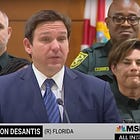In 2018, Floridians overwhelmingly (at 65 percent) voted to restore voting rights to felons. Unsurprisingly, Gov. Ron DeSantis — who had just beat Democrat Andrew Gillum by only about 33,000 votes and didn’t even get over 50 percent of the vote — immediately decided that was no good for him and threw a bunch of restrictions on those rights. Felons would have their right to vote restored, but only after they were done with parole and had paid all of the (often overwhelming) fines and fees associated with their sentence.
Alas, none of this was made actually clear to felons upon their release from prison or even to those registering them to vote at the DMV and legislators never actually came up with a system to determine who owes what, and so they kinda just let everyone vote and then — and this is the really fun part — Ron DeSantis decided to pour millions into an “election integrity” brute squad that went around in the middle of the night arresting those who it had turned out were ineligible and charging them with third degree felonies. How whimsical!
They did it last year to roughly 20 people at once. And apparently they’re still doing it now.
Just a few weeks ago, Marsha Ervin, who voted in the 2020 general election, found herself being shackled and arrested by police at 3 a.m., in the middle of the night. She was then charged with one count of submission of false voter registration information and two counts of voting as an unqualified elector — all of which are third degree felonies.
Ervin, represented by the NAACP’s Ben Crump, believed she was allowed to vote because when she got out she was told that she was, and also because of the many news stories about Florida finally enfranchising felons. However, because she was still on probation, she was not — though even her actual probation officer told police that Ervin had no idea she was not eligible to vote.
“For this to happen to her, well it really tells you, it could happen to any of us,” Crump said after taking up her case last week and demanding the state drop the charges. “Because this is about voter intimidation. This is about to instill fear in people in our community to say, ‘Well I don’t want to get in any trouble, so I’m not going to come and vote.’”
Crump also suggested that perhaps the onus should be on the state to keep a record of who is and is not eligible to register to vote, rather than on voters themselves.
Now, a week later, the Florida State’s Attorney’s office released a statement announcing that that they will not, in fact, be prosecuting Ms. Ervin, as they have no proof that she was not told by people when she was released from prison that she could vote now.
Via KOLN:
“The evidence is there is no witness who can testify to the defendant being told that she was ineligible to vote and some evidence to corroborate her assertions that she believed she could lawfully vote,” the statement said.
[State Attorney Jack] Campbell said in a news release Tuesday that speaking with two people led to the decision to drop the charges: Ervin’s probation officer and the Leon County supervisor of elections. […]
“There was a change of circumstances,” Campbell told WCTV Tuesday. “I don’t want people to be scared to vote. People need to be able to vote.”
They do, which is why these restrictions are so bad. No one should be arrested for regular voting, ever — and they sure as hell shouldn’t be charged with a felony for doing so.
“This office has no interest at all in prosecuting people who are innocent,” Campbell told WCTV on Tuesday.
Well, let’s hope so. Let’s also hope that they stop sending midnight SWAT teams or whatever to go after senior citizens under suspicion of having committed a non-violent crime three years prior that could also be an innocent mistake (especially things that should not be crimes to begin with). That, too, seems largely unnecessary and a lot like the kind of thing that might not end well.







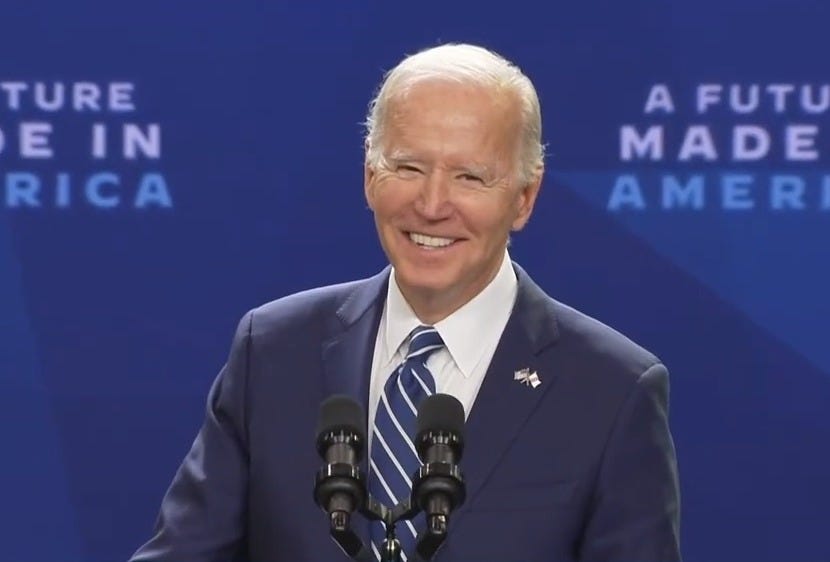




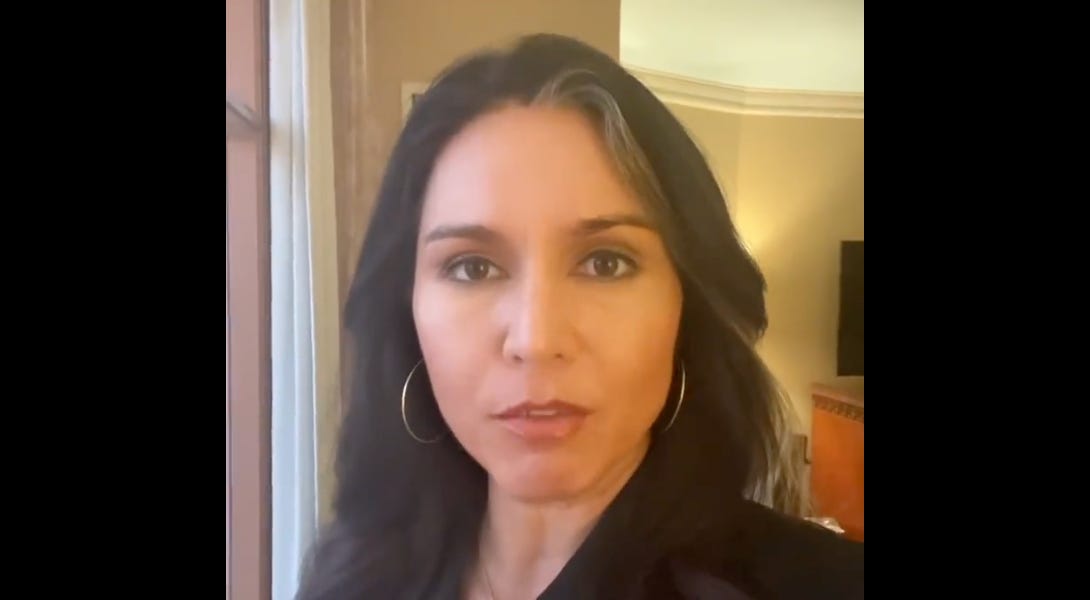











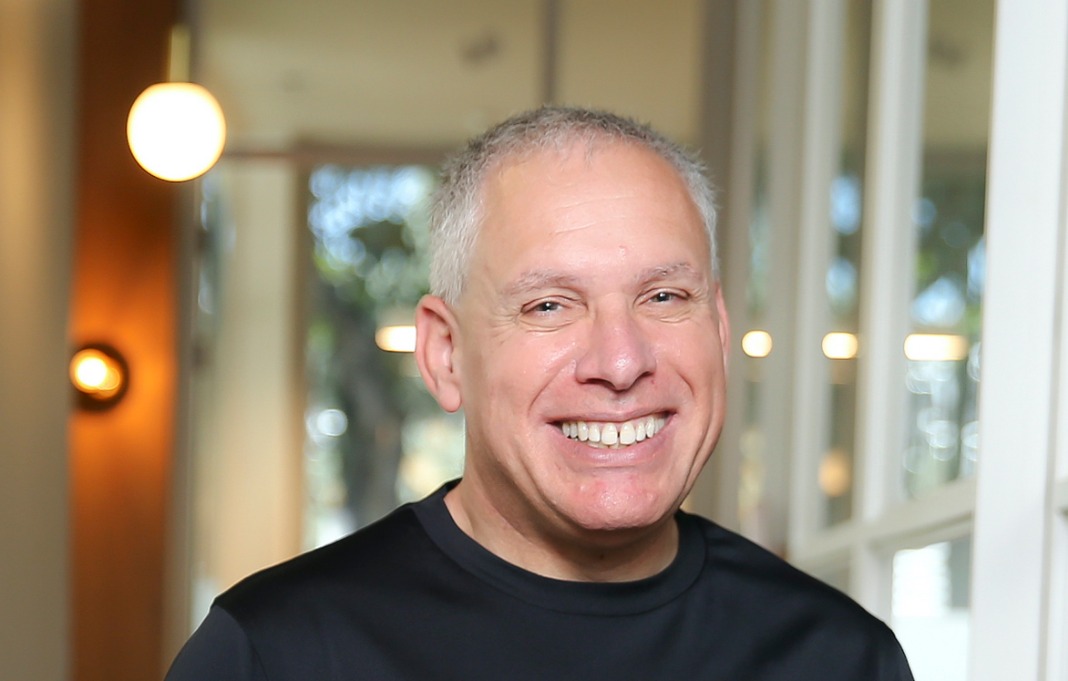






















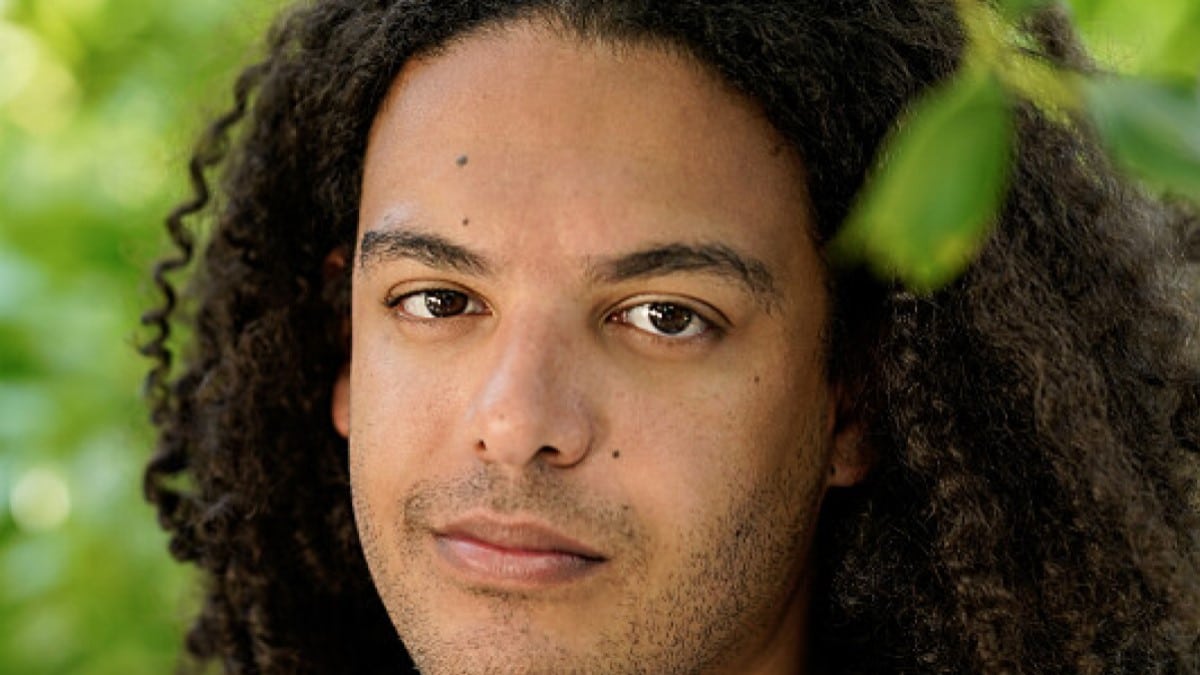
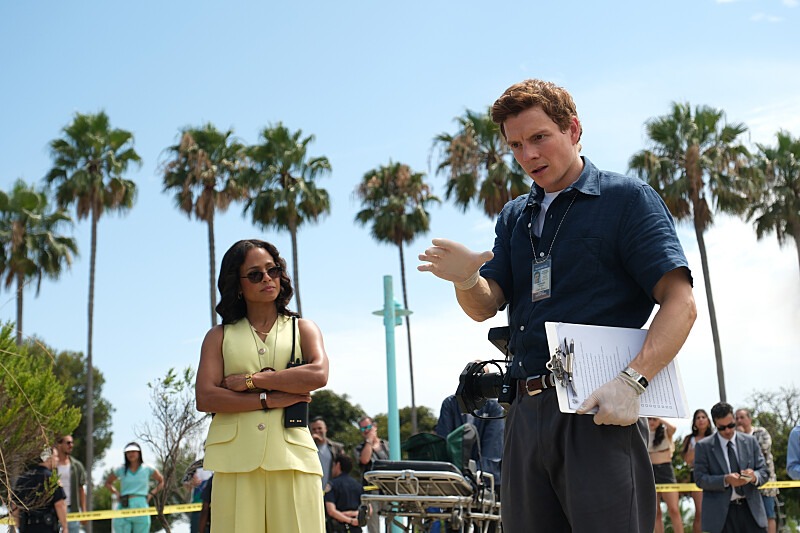







![LinkedIn Provides Tips on How to Promote Live Events [Infographic] LinkedIn Provides Tips on How to Promote Live Events [Infographic]](https://imgproxy.divecdn.com/kA4YczoBIs8NmPBiERWa-OxzvYMz5kwjjZ6wewP8z7c/g:ce/rs:fit:770:435/Z3M6Ly9kaXZlc2l0ZS1zdG9yYWdlL2RpdmVpbWFnZS9saW5rZWRpbl9ldmVudF9hZHNfaW5mb18yLnBuZw==.webp)







